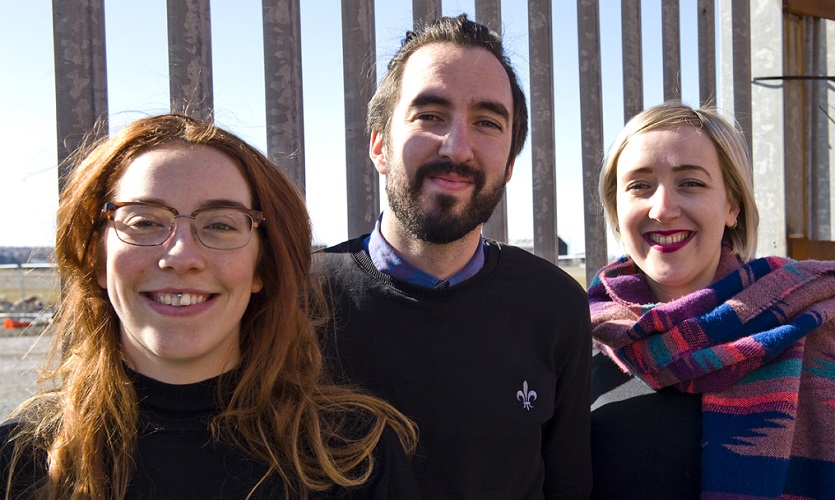200 firms supported in drive to low carbon economy

WHEN Rechelle Davies hit on a business idea for thermal window blinds, she knew they had the potential to cut energy bills for thousands of households.
But in order to market the product, she’d need to know exactly how much energy would be saved and how the product would compare to other blinds and shutters. She’d also need to navigate the new low-carbon landscape emerging from Whitehall and Brussels to curb carbon waste and incentivise sustainability in commerce.
Her firm, Merseyside-based Energy Fairies Ltd, turned to the Low Carbon Eco-Innovatory (LCEI), a business support consortium led by Liverpool John Moores University to help small companies adapt.
The LCEI has just chalked up its 200th happy customer and is anxious to continue the work centred on the Liverpool City Region and Lancashire.
Biotech to kitchen design
To date, the cross-sector project has helped a vast range of firms from biotechnology and smelting to kitchen designers and safari parks.
“Everybody is either concerned or confused or both by the issues of low carbon planning, energy efficiency, waste management, recycling and use of renewable energy,” explains project manager Paul Dickson.
“The variety of businesses making moves to lower carbon is simply staggering. Everyone is having the realisation that far from raising costs, low carbon can in many instances actually lower costs.
“What we’ve been offering is a road map forward, to not only lower your carbon footprint but to increase profitability.”
Free experts and facilities
The way LCEI does so is by giving firms free and unique access to experts and test facilities here on Merseyside. Companies are supported in packages ranging from 1 month to 3 years depending on their needs.
So far 51 companies have been helped to develop a new product and more than 10,000 tonnes of greenhouse gases has been saved – six times the project’s target.
“It’s an amazing achievement, but it’s just made us more determined to carry on,” explained project manager Paul Dickson, who is based in LJMU’s School of Built Environment.
In one case, a brewery which produced three tonnes of waste grain each week had been running around trying to find farmers to take it off them, expending a huge amount of fuel and time in the process. It didn’t take long to find an expert who recommended turning the grain into biomass and turning a cost into an asset.
As the Eco-Innovatory works for not only products but also processes and services, companies don’t even need to be making anything. One for instance, Make Liverpool (pictured), who operate workspaces for hire, made considerable savings by changing the lighting, heating and design of their building.
Fresh bid for funding
Despite half of the funding coming collectively from the partners LJMU, the University of Liverpool and the University of Lancaster, £2.6m is from the EU, through the European Regional Development Fund (ERDF).
A fresh bid by the team for extended funding for the project to 2023 is far from certain of success in the current climate.
But with well over 260,000 small-medium businesses in the North West, the potential is simply huge. And with ‘Clean Growth’ one of the four pillars of the Government’s Industrial Strategy, the winds are surely favourable to continue LCEI’s work.
“So far we’ve cut carbon usage by more than 10,000 tonnes and really that’s just scraped the surface of what’s possible,” explains Paul.
“Not many businesses are optimised for low carbon, in fact many haven’t even started. Unlike larger companies, busy SMEs rarely have the in-house resources or skills to respond to the climate emergency on their own, even if they wanted to.”
Invaluable help
Rechelle and her Energy Fairies are among the lucky ones who got in early. As a result of her involvement, the idea for a thermal blind to help keep homes toasty went from drawing board to market-ready.
Her prototype was taken to JMU’s Byrom Street Campus where the School for Built Environment boasts three labs which are actual houses - one from the 1920s, one from the 1970s and one modern day.
“The labs allowed our product to be tested in a really good representative sample of UK homes, and against standard blinds and shutters.
“There’s no way we could have achieved what we have so far without that sort of rigorous, scientific test-driving,” added Rechelle.


